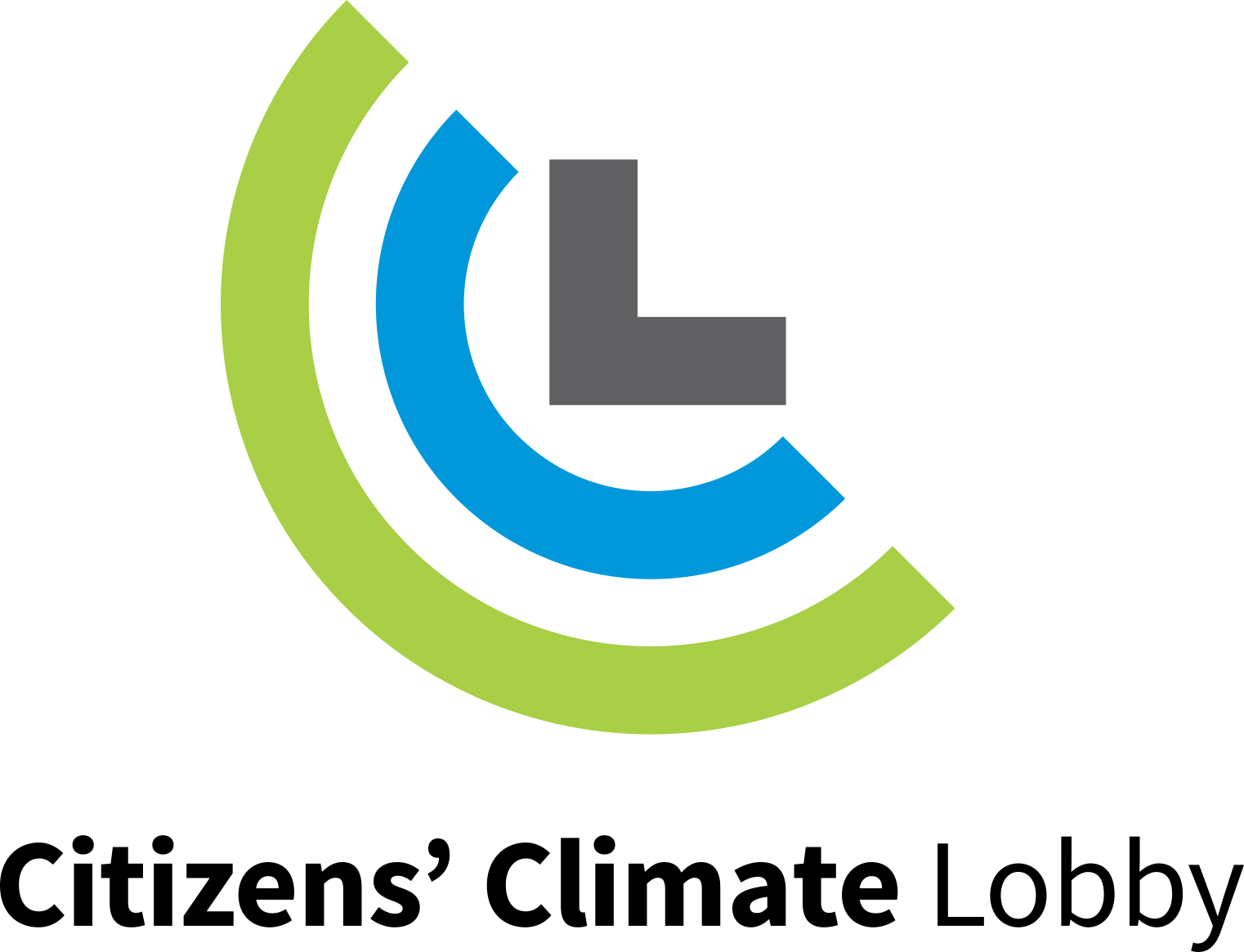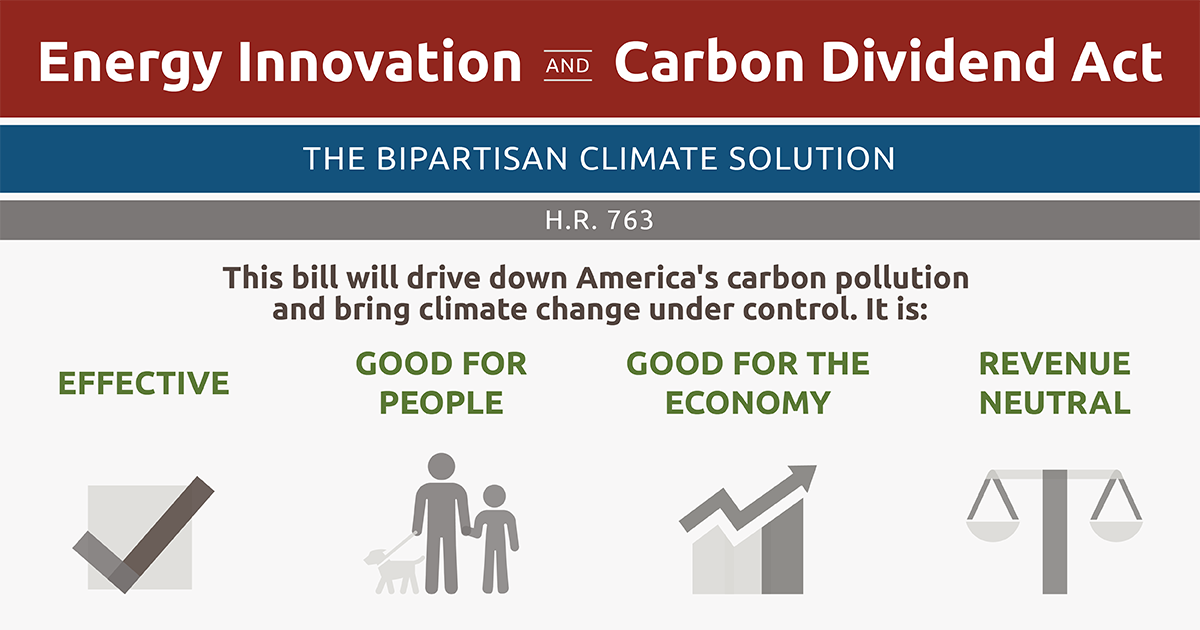2020 has been exhausting. Between murder hornets, escalating tensions among adversarial countries, a global pandemic, and racism, it’s getting harder and harder to see the light at the end of the tunnel – and the year isn’t even half over yet.
As tempestuous as the world seems right now though, I’ve gained levity in working with my Citizens’ Climate Lobby action group, to lobby for the passage of the Energy Innovation and Carbon Dividend Act. I’ve built on my collaborative work skills and gleamed valuable insight into the process of collective action and deliberation, and had the chance to work with a diverse coalition of people from across the country and the globe to relate the knowledge we gained in the course to the real world. This work has given me hope that systematic change is possible through collective action.

Citizens’ Climate Lobby, via https://citizensclimatelobby.org/wp-content/uploads/2014/11/CCL-Logo.gif
Group work has, no doubt, been complicated by the fact that we’re living through a global pandemic. However, my group mates and I made the best of a difficult situation and flexibly scheduled our weekly Zoom and Whatsapp meetings. Arranging a time for a videoconference that worked for people in Washington State, Ohio, and France was not easy, but we made do. To ensure equal distribution of work, we collectively decided to finish one training per person, per week, and then summarize that training for the rest of the group.
Our work for CCL builds upon Michael Maniates policy prescription in “Individualization”. Rather than plant trees or ride our bikes to work, we will be lobbying for systemic change in policy. Our work will necessarily invoke systems thinking in this way. By considering the inputs and outputs of the act, as well as its potential downstream effects (both economic and environmental), we’ve taken a holistic approach to the understanding the act, systems thinking in essence.

via https://citizensclimatelobby.org/wp-content/uploads/2018/06/eicda-2019-benefits.png
Ultimately, I’ve walked away from this experience with a feeling that I can make a material difference in the world. Although my lobby session isn’t until June 17th, I am confident in my abilities to persuade my member of Congress, and look forward to being a force for real good in the world – something that I could not have accomplished without the hard work of my group mates, and the volunteers at CCL.
Rain, Thibault, Rachel, Alan, and Jess: thanks for a great quarter.
– Dakota




